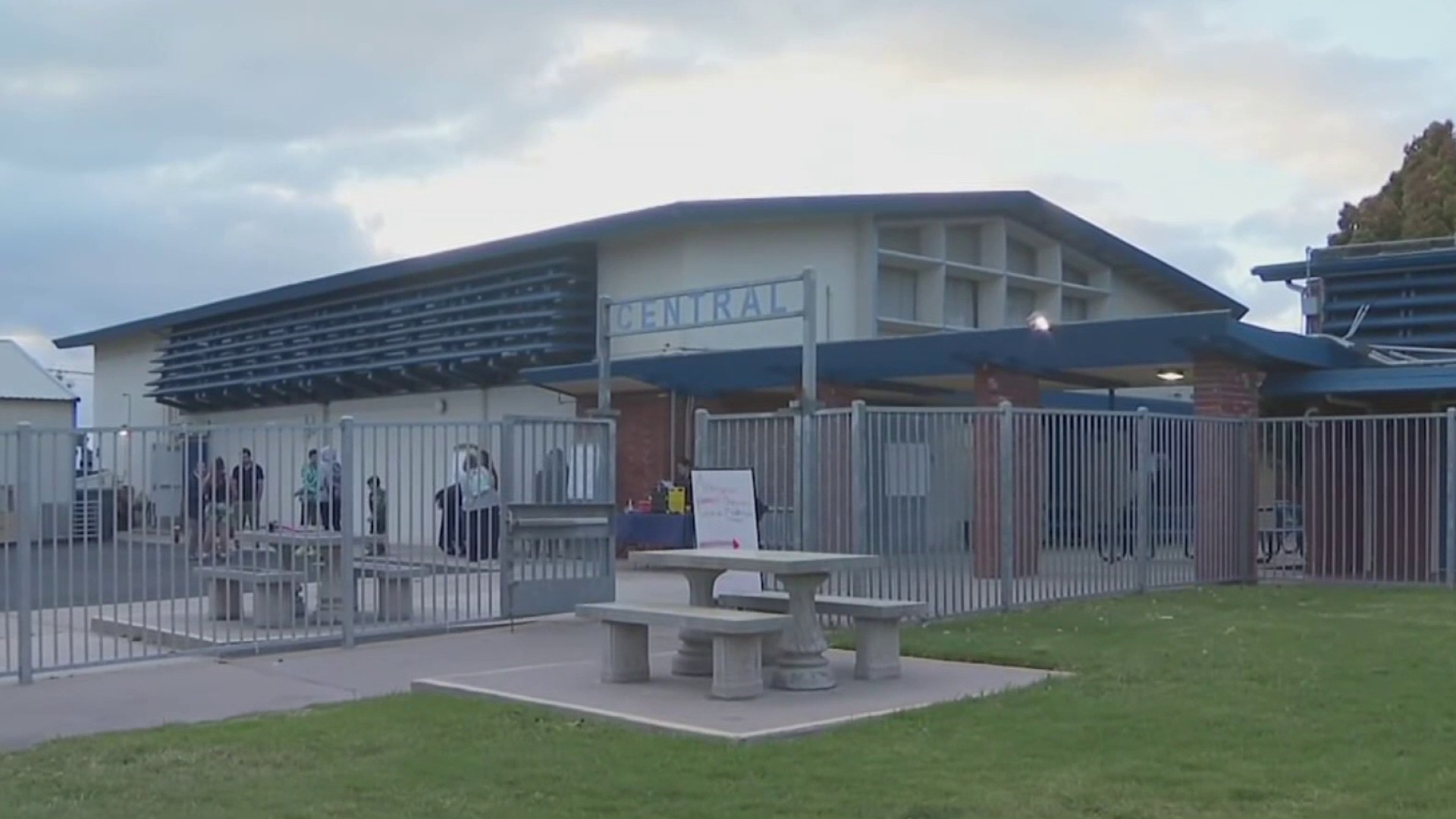Data shows minority communities at the highest risk for COVID-19, but county data shows Latino and Black San Diegans account for a very small percentage of those who have recieved the coronavirus vaccine.
“By in large what we have been hearing is that people have all sorts of barriers and challenges," said Nancy Maldonado with the Chicano Federation.
Maldonado has been working alongside the county to make sure information and resources reach the communities who need it most.
Of the nearly 500,000 San Diegans who have been vaccinated, only about 15% of them are Latino and only about 2% are Black, according to county data.
Get San Diego local news, weather forecasts, sports and lifestyle stories to your inbox. Sign up for NBC San Diego newsletters.
Meanwhile, new data from the National Center for Health Statistics shows U.S. life expectancy dropped by a year in the first half of 2020 due to COVID-19. What's more concerning is that the data shows life expectancy for Latinos dropped nearly two years and for Blacks it dropped almost three.
“We are trying different interventions to make sure it works,” said San Diego County Supervisor Nora Vargas. “So that we can make sure we can get our communities that are most impacted, those in the frontline, vaccinated as soon as we are able to get them vaccinated.”
Vargas said one of their newest interventions is a pilot program called Project Save. The program has been designed to set aside appointments each day for South County residents who are currently eligible and at high risk.
Local
Cities in our southern region have bared the brunt of the coronavirus pandemic.
“One of our challenges in trying to help them is that it was difficult trying to find an appointment,” said Maldonado. “We would be on the phone with people or we would have people here at Chicano Federation and we would have to hit refresh over and over and sometimes people would leave without having an appointment.”
The program is managed by community groups who have access to making appointments. Appointments will be filled by community health workers through outreach at grocery stores, churches, and food distribution sites.
“Making sure as many people as possible get these vaccines is extremely important,” said Maldonado.
Officials say we need at least 85% of the population to be vaccinated before we can return to normal.



